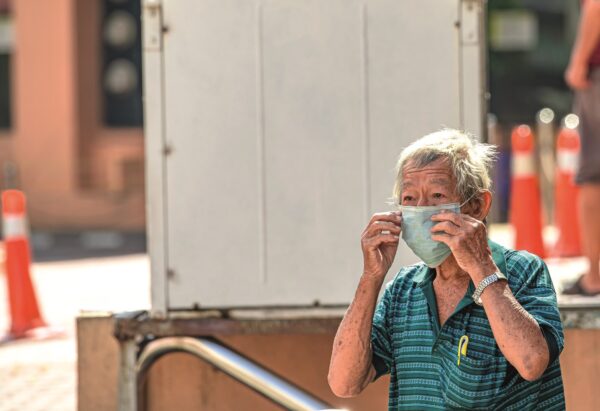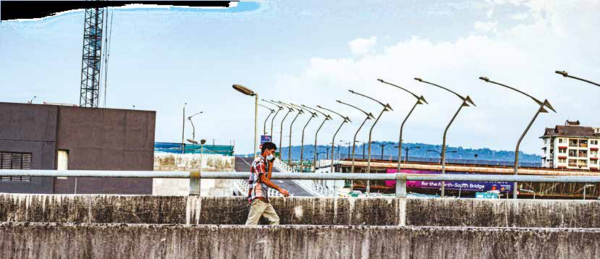In his 39th Peace Proposal issued on January 26, Value Creation in a Time of Crisis, SGI President Daisaku Ikeda addressed major issues such as the COVID-19 pandemic, building a global culture of harmony and human rights, the need to get rid of nuclear weapons and the climate crisis. He proposed solutions for overcoming these challenges and called on the global community to together build a society realising “happiness for both oneself and others through bringing into full play the human capacity to create value.” [1]
When we look at the world today, people are only concerned about their own interests. Most people only care about themselves and their own families, placing their personal concerns above all else. People even resort to unethical methods, even damaging and sacrificing the needs of others in order to fulfil their own interests.
Looking at our pandemic-stricken society as an example, we can see that many people have had their spirits crushed and livelihoods destroyed – they are in dire straits. But the cruel reality is that they are ignored or discriminated against, – even excluded – leaving them isolated and helpless.
Even where the supply of vaccines is concerned, we see that countries only take care of their own needs and turn a blind eye to the needs of other countries.

On this, President Ikeda stressed that we must have the determination to never leave behind those struggling in the depths of adversity, lending them a helping hand, and shine the warm glow of concern in their lives. We must enable them to bring forth the strength to live with dignity and strive to build the foundations for a society where the word “misery” is eradicated.
In “The Three Virtues of Food,” Nichiren Daishonin writes: “If one gives food to others, one will improve one’s own lot, just as, for example, if one lights a fire for others, one will brighten one’s own way.” (WND-2, pg 1060) This teaches us that when we contribute to the wellbeing of others, we ourselves will receive benefit too.
The Record of the Orally Transmitted Teachings states: “‘Joy’ means that oneself and others together experience joy.” (OTT, pg 146) True joy is when we and others enjoy happiness.
On this, President Ikeda says: “Happiness is something that we must each achieve for ourselves and experience in our own lives. But at the same time, one’s own happiness to the exclusion of others is not true happiness. Just being content with one’s own welfare with no concern for others is selfish. By the same token, brushing aside one’s own happiness and caring only about the happiness of others is not sufficient either. True happiness is a condition when both we ourselves and others are happy.” [2]
He also points out: “We cannot steal happiness from someone or attain it by sacrificing others for our own gain. It is something that must be shared – which is why I have always insisted that our happiness must not be built upon the misfortune of others.” [3]
We cannot live alone and isolated. Humankind has always been a community where we share joy and sorrow together. The thinking that helping others will only hurt our interests is the main reason for the terrible state that society is in today.
There is no life more noble than one dedicated to caring for and helping others, and enabling people to become happy.
Let us learn from this pandemic and transform this crisis into opportunity, and together build a society that realises happiness for both oneself and others!
[1] Pg 42 of this issue.
[2] FLOW No. 661 (01.10.2017), pg13–14.
[3] Ibid., pg 14.






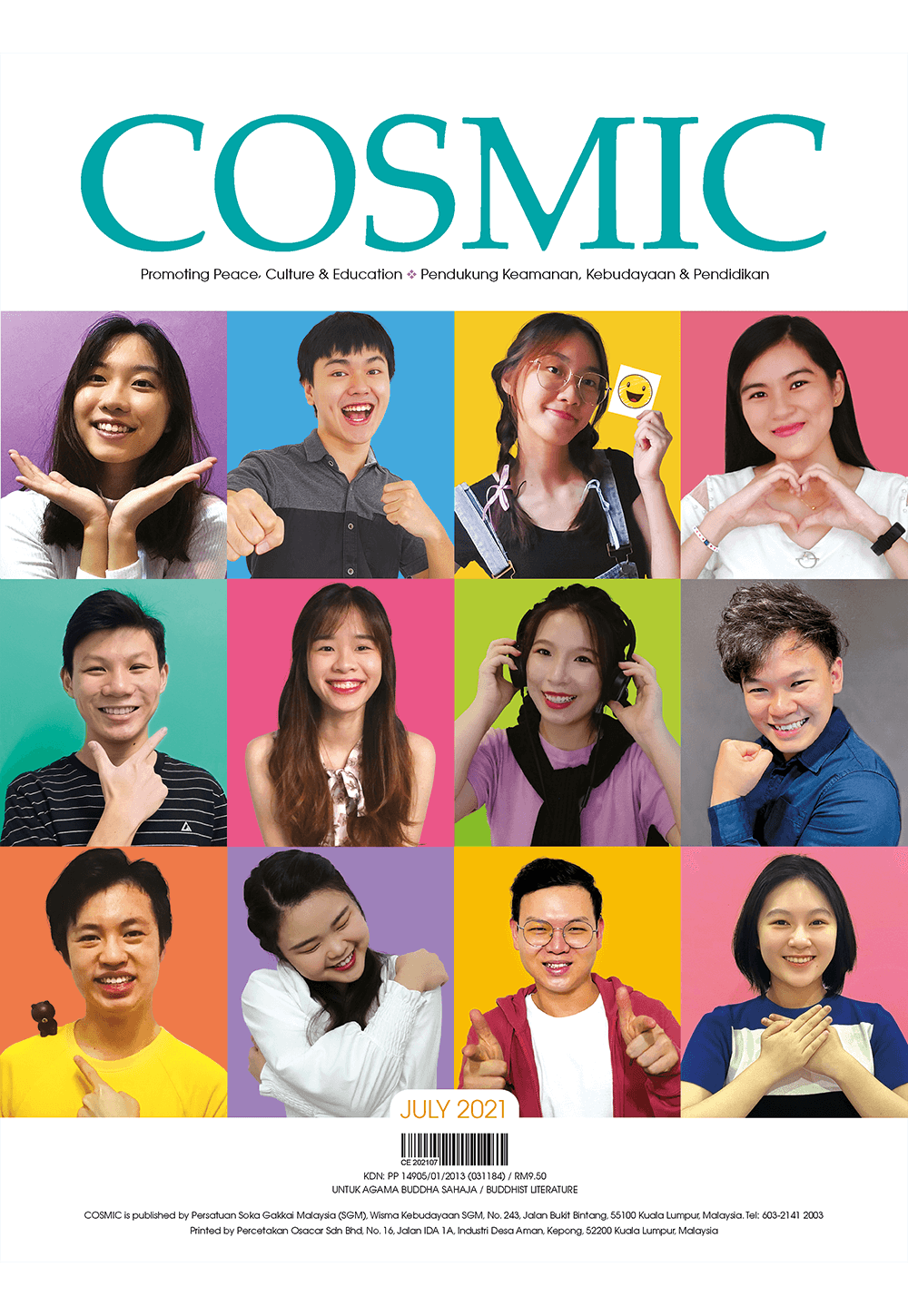
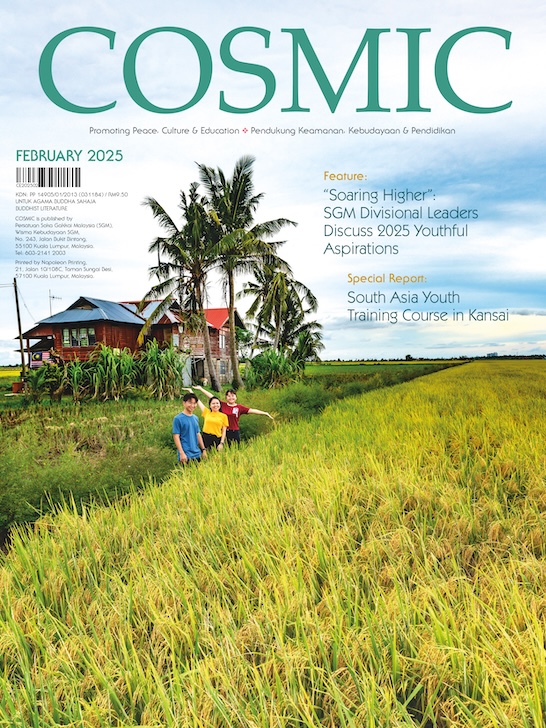
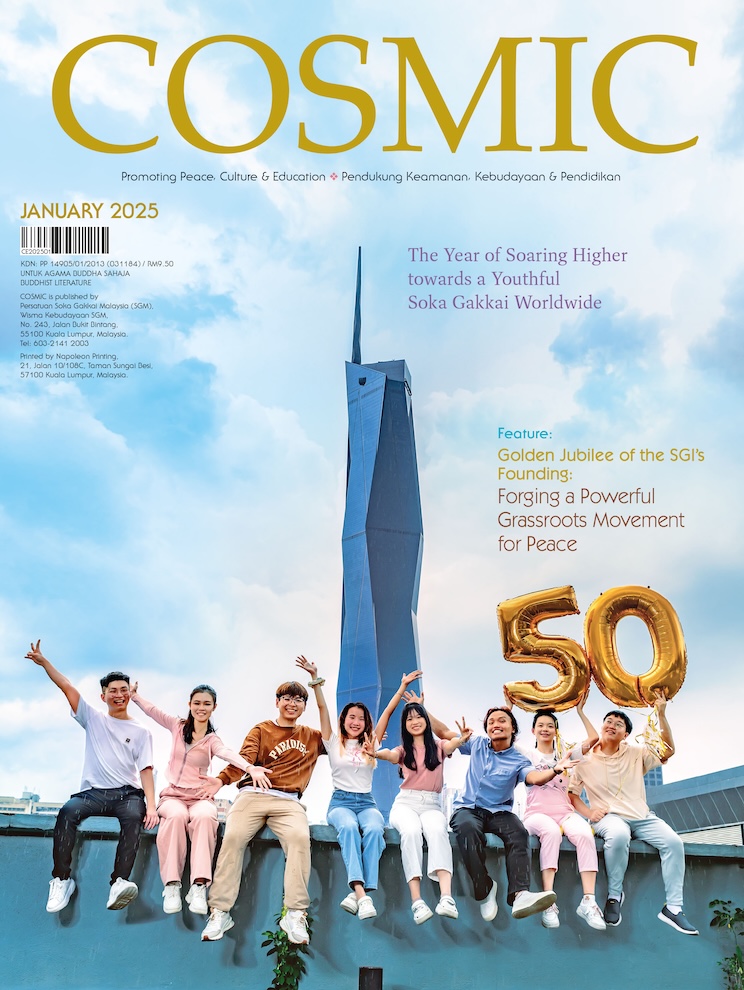
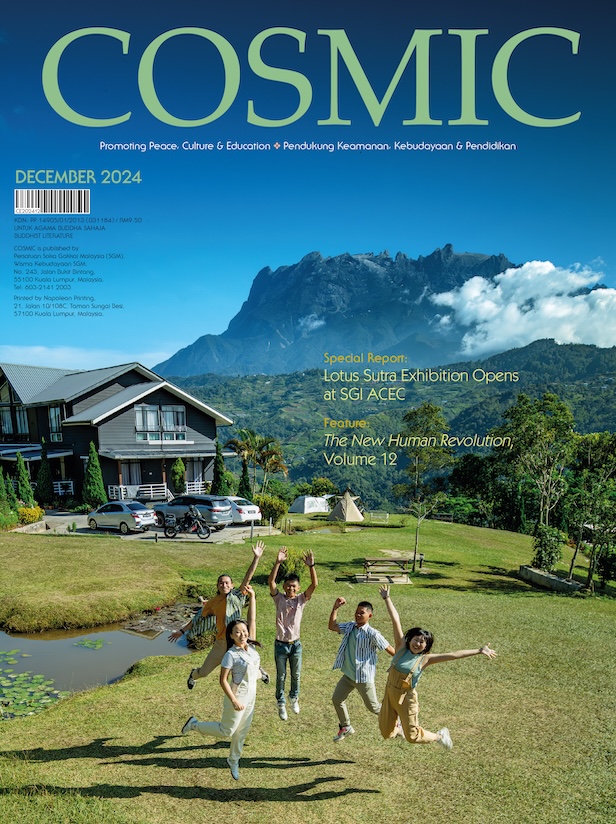
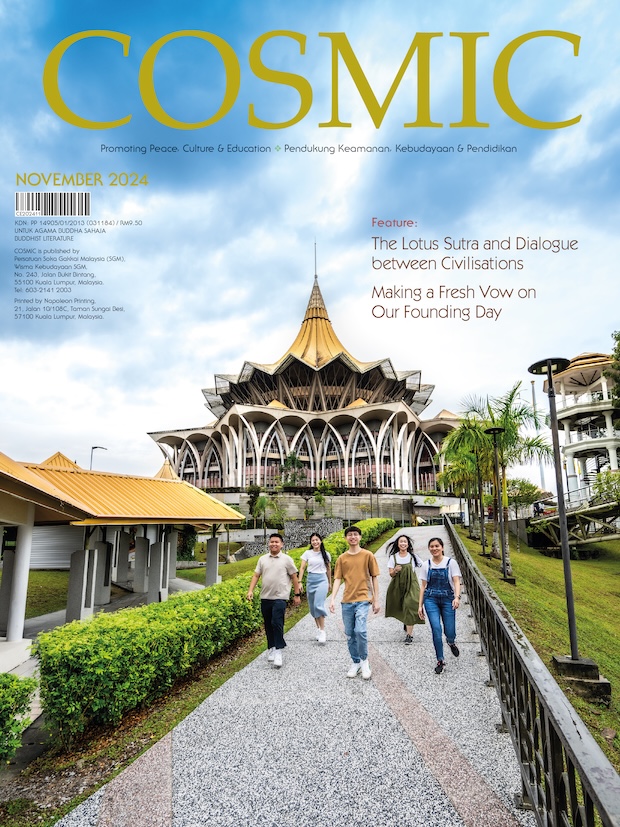
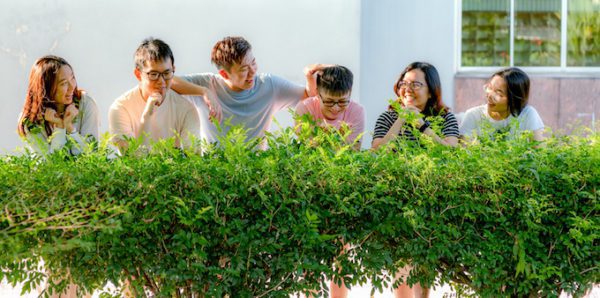
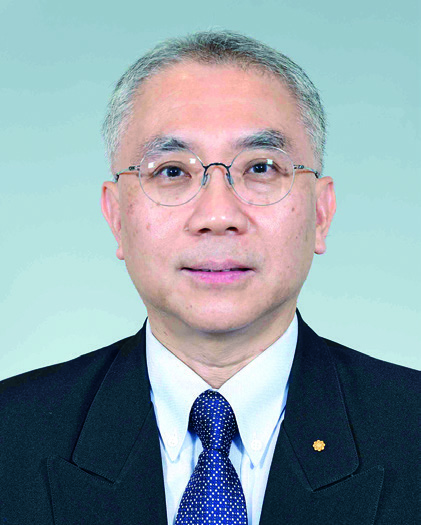 Interview with Prof Dr Christopher Boey
Interview with Prof Dr Christopher Boey